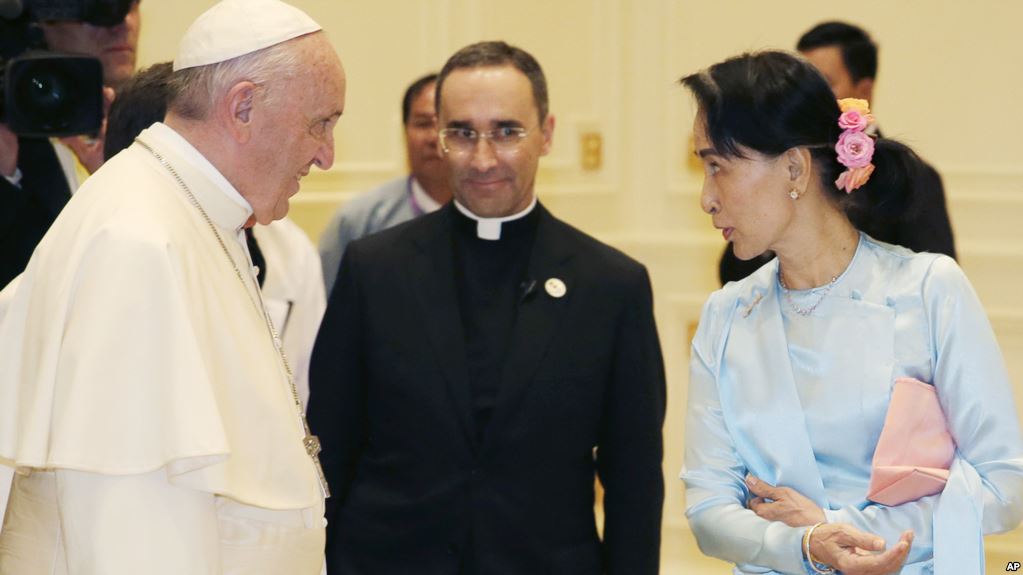
Pope Francis made an Apostolic visit to Myanmar and to Bangladesh from 27 November to 2 December 2017. According to the declaration made by Greg Burke, Director of the Holy See Press Office the visits are made upon the invitations by the respective heads of state and bishops of the two countries. He visited the cities of Yangon and Nay Pyi Taw in Myanmar and Dhaka in Bangladash. [1]
It is very interesting to note that in each of his visits, the Vatican designs a logo for Pope Francis. For the Myanmar trip the Vatican has designed an interesting logo. The trip Logo clearly has the motto engraved “Love & Peace”.
According to Vatican the Logo states the following:
“The logo for his visit to Myanmar depicts Pope Francis releasing a white dove from within a heart drawn in the colors of Myanmar’s flag: yellow, green, and red. An outline of Myanmar’s landmass sits beside the Pope within the heart, while the motto for his journey is shown above: “Love & Peace”.”[2]
Despite this peace message in the logo of his trip to Myanmar neither before his trip nor during the trip has Pope Franscis made mention of the Rohingya Muslims except his pronunciation. of the word Rohingya during his visit to Bangladeshi capital of Dhaka. Here we must look at several indicators as to why Pope Francis might have made this crucial omission. One of these indicators is an interview given by the editor-in-chief of the Asia News service press agency of the Roman Catholic Pontifical Institute for Foreign Missions.[3]
According to a interview given to National Public Radio Service (NPR) by editor in chief, Bernardo Cervellera the local church leaders had advised Pope Francis not to utter the name of Rohingya's. The local church leaders feared reprisals by Buddhist fundamentalists.[4]
Many individuals and organizations in the World point to the fact that Pope Francis has missed an important opportunity in Myanmar, especially during his meeting with Prime Minister Aung San Suu Kyi, when he did not mention the Rohingya Muslims.
Among them, is Phil Robertson, the deputy director of Human Rights Watch’s Asia division. He said it quite well when he argued the following: “Rohingya have been stripped of so many things but their name should never be one of them”.[5]
Some however like the EU’s Ambassador to Myanmar Kristian Schmidt have defended the speech of Pope Francis. She argued that it was unnecessary for Pope Francis to talk directly about the crisis. She stated “He didn’t need to. It was written all over the speech, between the lines … It doesn’t have to be about specific words. It was all about values. And on values it was absolutely eloquent and strong.”
We wonder if the Pope or the EU Ambassador would have taken the same position if the persecuted minority would have been Christian? If the burned villages would have belonged to Christian groups.Whether speaking between the lines would have been enough? Even western journalists now accept that Pope Francis and Vatican feared the Buddhist majority actions towards Christian minority and thus decided not to mention the name of Rohingya Muslims.[6]
Everybody expected him to come to the aid of Rohingya Muslims at the Bangladesh leg of his trip. Some say he came closer at the second leg of his trip to saying “Rohingya”. Yet saying “refugees from Rakhine State” is not the same thing as Rohingya's. He did praise Bangladesh for helping the nameless refugees from the Rakhine state.
Most probably because of the severe criticisms, at the very end of his Asia tour, he felt obliged to refer to Rohingya people at least once by their name. He also pronounced their name on the way back to Rome on the plane. The Pope is considered only accountable for his actions before the God. It seems that when the plight of Muslim people is of the subject matter his diplomatic and political identity very easily overrides religious one. In fact, in his Asia visit he missed a chance to stand against injustice which many countries are turning a blind eye because of commercial interests or because of the strategic importance of Myanmar. It would have been meaningful and most welcome for the apostolic visit to pay more attention to all aspects of the sufferings of these helpless people.
*Photo: https://gdb.voanews.com
[1]“Pope Francis to Visit Myanmar, Bangladesh in November” (Radio Vatican, August 28, 2017), http://en.radiovaticana.va/news/2017/08/28/pope_francis_to_visit_myanmar,_bangladesh_in_november/1333158.
[2] “Vatican Releases Logos for Pope Francis’ Visit to Bangladesh, Myanmar,” Radio Vatican, August 28, 2017, http://en.radiovaticana.va/news/2017/08/28/logos_for_popes_visit_to_bangladesh,_myanmar/1333179.
[3] “About Us,” Asia News Agency, March 12, 2003, http://www.asianews.it/en.html.
[4] “Pope Francis to Visit Myanmar, Bangladesh in November.”
[5] Poppy McPherson, “Pope Francis Fails to Mention Rohingya in Myanmar Speech,” Guardian, November 28, 2017, https://www.theguardian.com/world/2017/nov/28/pope-francis-to-meet-aung-san-suu-kyi-on-first-full-day-in-myanmar.
[6] Joanna Moorhead, “By Not Saying ‘Rohingya’, Pope Francis Was Just Protecting His Own,” Guardian, November 28, 2017, https://www.theguardian.com/commentisfree/2017/nov/28/pope-francis-catholics-rohingya.
© 2009-2025 Center for Eurasian Studies (AVİM) All Rights Reserved
No comments yet.
-
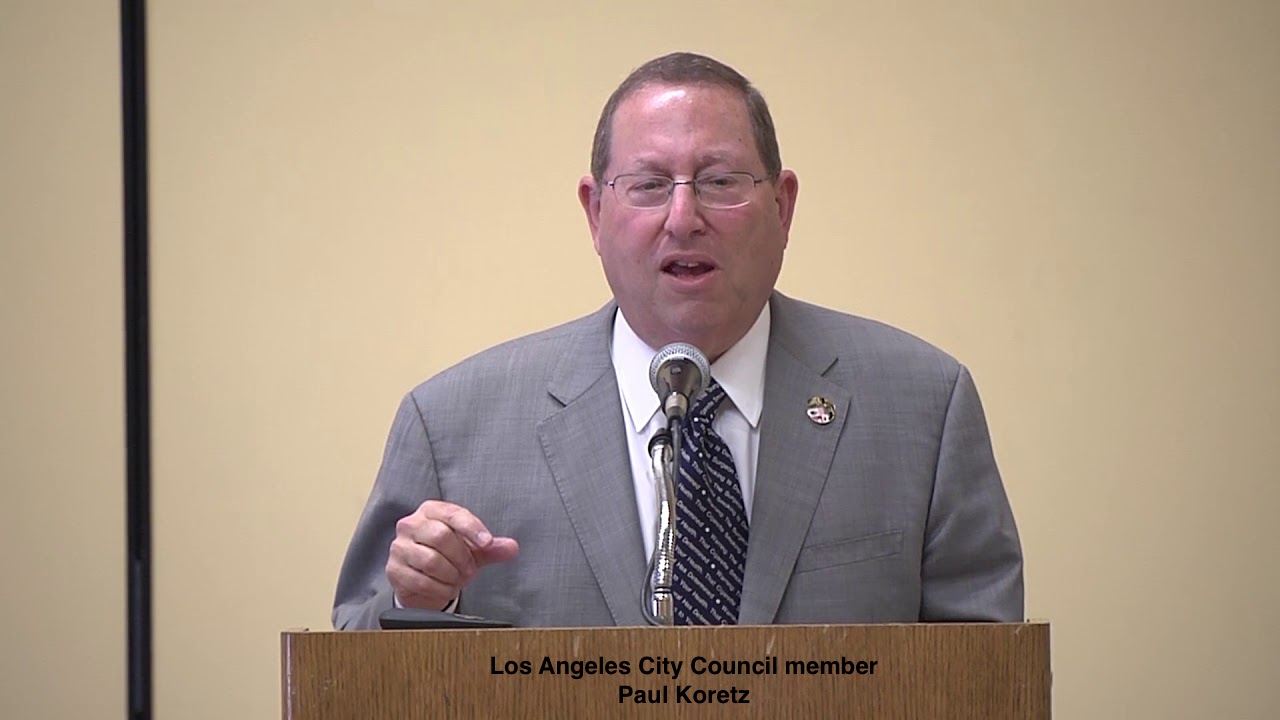 HATE SPEECH PUT INTO ACTION AGAINST TURKEY AND TURKS: FOUL-SMELLING PROVOCATION
HATE SPEECH PUT INTO ACTION AGAINST TURKEY AND TURKS: FOUL-SMELLING PROVOCATION
AVİM 31.01.2019 -
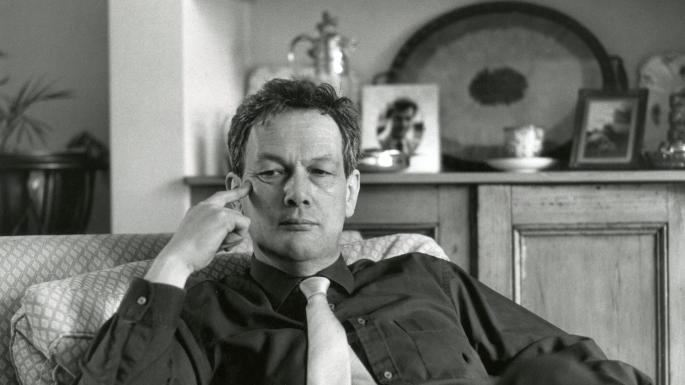 BIASED DISPARAGEMENT OF THE LATE NORMAN STONE BY TWO BRITISH DAILIES
BIASED DISPARAGEMENT OF THE LATE NORMAN STONE BY TWO BRITISH DAILIES
AVİM 16.07.2019 -
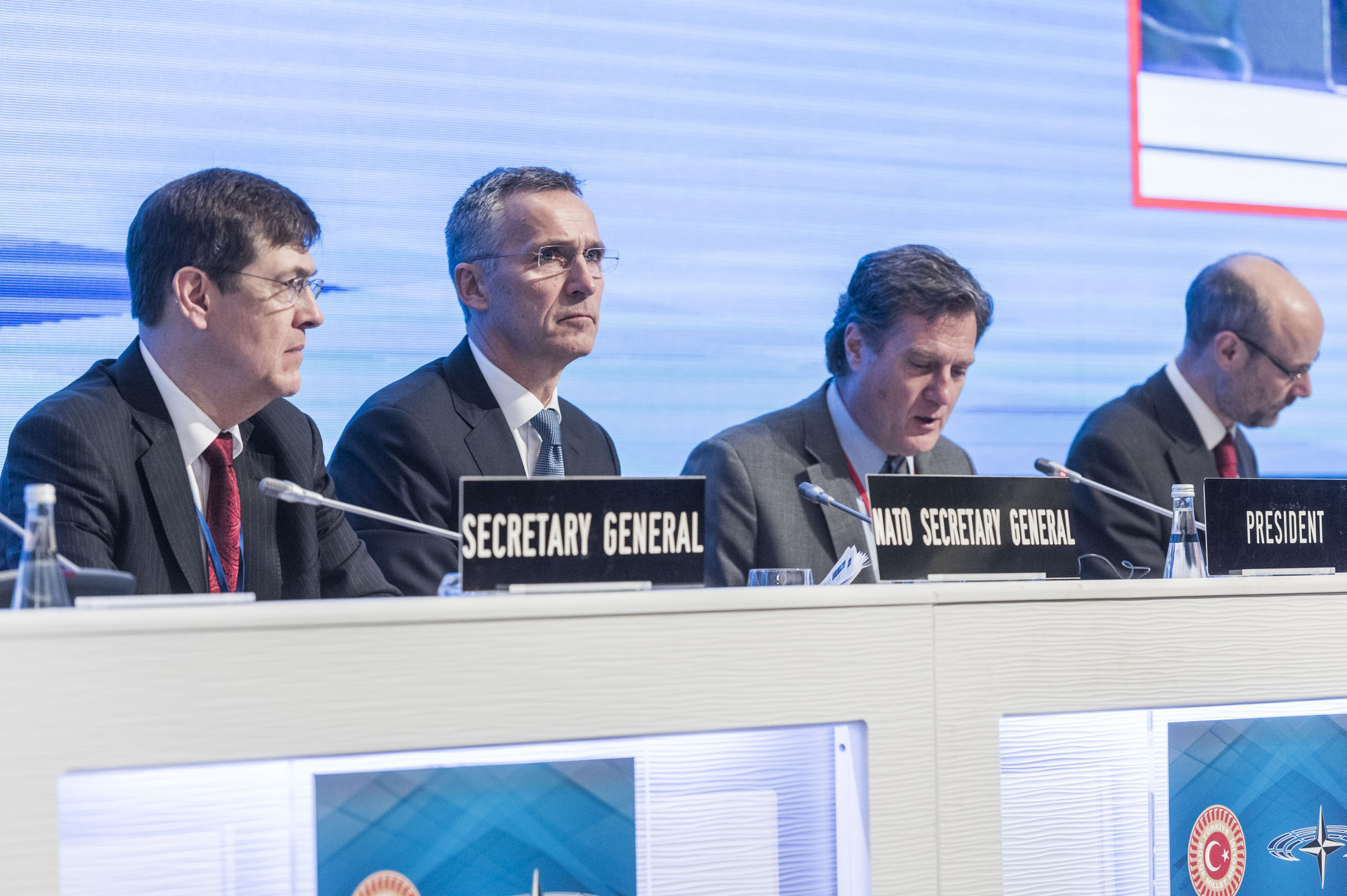 WHY IS ARMENIA SITTING IN A NATO FORUM?
WHY IS ARMENIA SITTING IN A NATO FORUM?
AVİM 22.11.2016 -
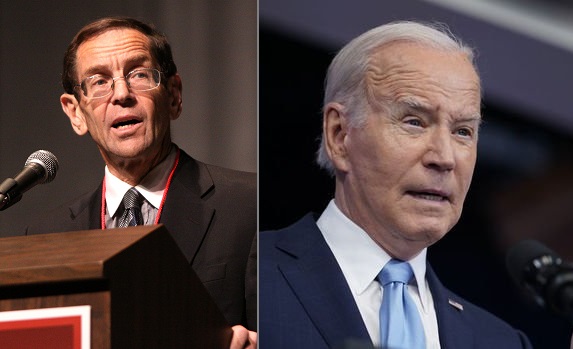 LETTER BY ATTORNEY BRUCE FEIN IN THE INTEREST OF HISTORICAL AND LEGAL TRUTH
LETTER BY ATTORNEY BRUCE FEIN IN THE INTEREST OF HISTORICAL AND LEGAL TRUTH
AVİM 24.05.2023 -
 24 APRIL
24 APRIL
AVİM 24.04.2019
-
SARKOZY IS IN ARMENIA I
Ömer Engin LÜTEM 15.10.2011 -
QUEST FOR A NEW ORDER AND UNITY IN EURASIA WITH RUSSIA IN THE LEAD
Alev KILIÇ 27.11.2012 -
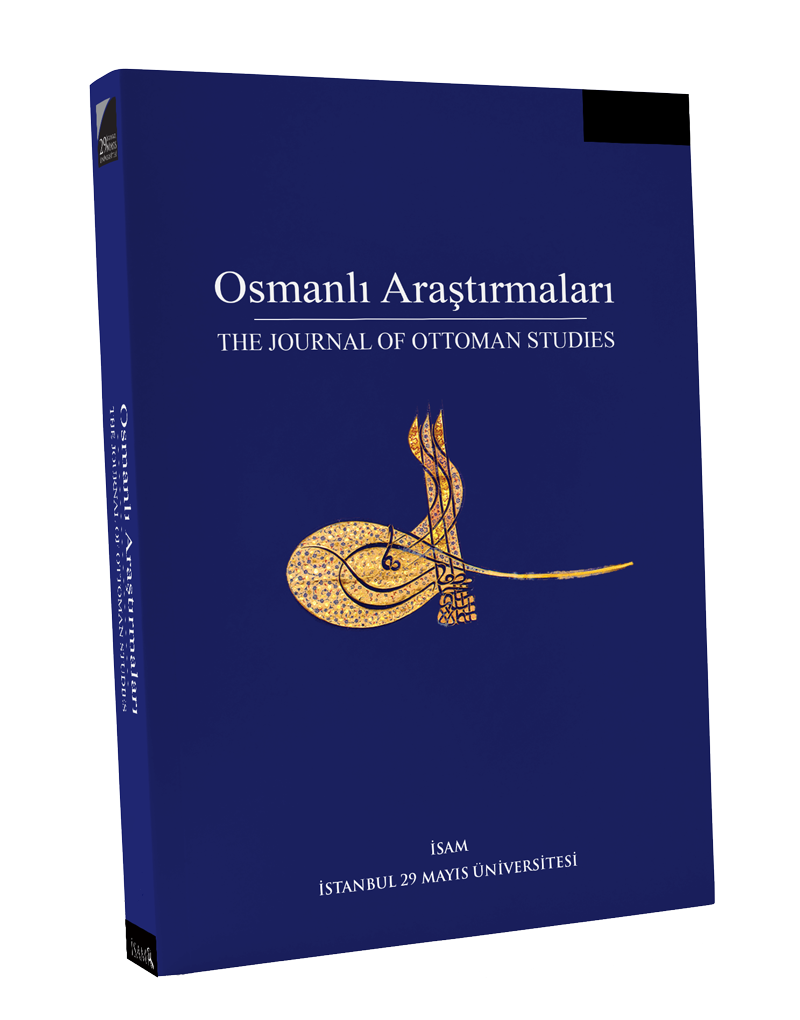 NEW ARTICLE ON THE DASHNAK ERZURUM CONGRESS OF JULY 1914
NEW ARTICLE ON THE DASHNAK ERZURUM CONGRESS OF JULY 1914
AVİM 09.12.2021 -
THE US AND TURKEY-ARMENIA RELATIONS
Ömer Engin LÜTEM 17.06.2012 -
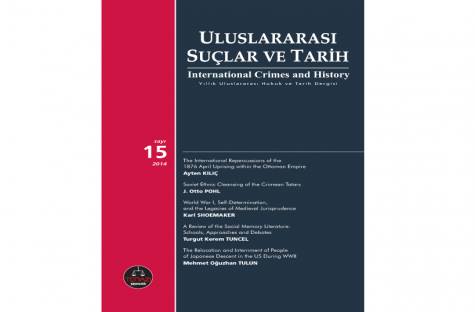 CALL FOR PAPERS - INTERNATIONAL CRIMES AND HISTORY SPECIAL ISSUE: CRIMEAN TATARS UNDER RUSSIAN IMPERIAL AND SOVIET RULES
CALL FOR PAPERS - INTERNATIONAL CRIMES AND HISTORY SPECIAL ISSUE: CRIMEAN TATARS UNDER RUSSIAN IMPERIAL AND SOVIET RULES
Turgut Kerem TUNCEL 08.08.2015
-
25.01.2016
THE ARMENIAN QUESTION - BASIC KNOWLEDGE AND DOCUMENTATION -
12.06.2024
THE TRUTH WILL OUT -
27.03.2023
RADİKAL ERMENİ UNSURLARCA GERÇEKLEŞTİRİLEN MEZALİMLER VE VANDALİZM -
17.03.2023
PATRIOTISM PERVERTED -
23.02.2023
MEN ARE LIKE THAT -
03.02.2023
BAKÜ-TİFLİS-CEYHAN BORU HATTININ YAŞANAN TARİHİ -
16.12.2022
INTERNATIONAL SCHOLARS ON THE EVENTS OF 1915 -
07.12.2022
FAKE PHOTOS AND THE ARMENIAN PROPAGANDA -
07.12.2022
ERMENİ PROPAGANDASI VE SAHTE RESİMLER -
01.01.2022
A Letter From Japan - Strategically Mum: The Silence of the Armenians -
01.01.2022
Japonya'dan Bir Mektup - Stratejik Suskunluk: Ermenilerin Sessizliği -
03.06.2020
Anastas Mikoyan: Confessions of an Armenian Bolshevik -
08.04.2020
Sovyet Sonrası Ukrayna’da Devlet, Toplum ve Siyaset - Değişen Dinamikler, Dönüşen Kimlikler -
12.06.2018
Ermeni Sorunuyla İlgili İngiliz Belgeleri (1912-1923) - British Documents on Armenian Question (1912-1923) -
02.12.2016
Turkish-Russian Academics: A Historical Study on the Caucasus -
01.07.2016
Gürcistan'daki Müslüman Topluluklar: Azınlık Hakları, Kimlik, Siyaset -
10.03.2016
Armenian Diaspora: Diaspora, State and the Imagination of the Republic of Armenia -
24.01.2016
ERMENİ SORUNU - TEMEL BİLGİ VE BELGELER (2. BASKI)
-
AVİM Conference Hall 24.01.2023
CONFERENCE TITLED “HUNGARY’S PERSPECTIVES ON THE TURKIC WORLD"









